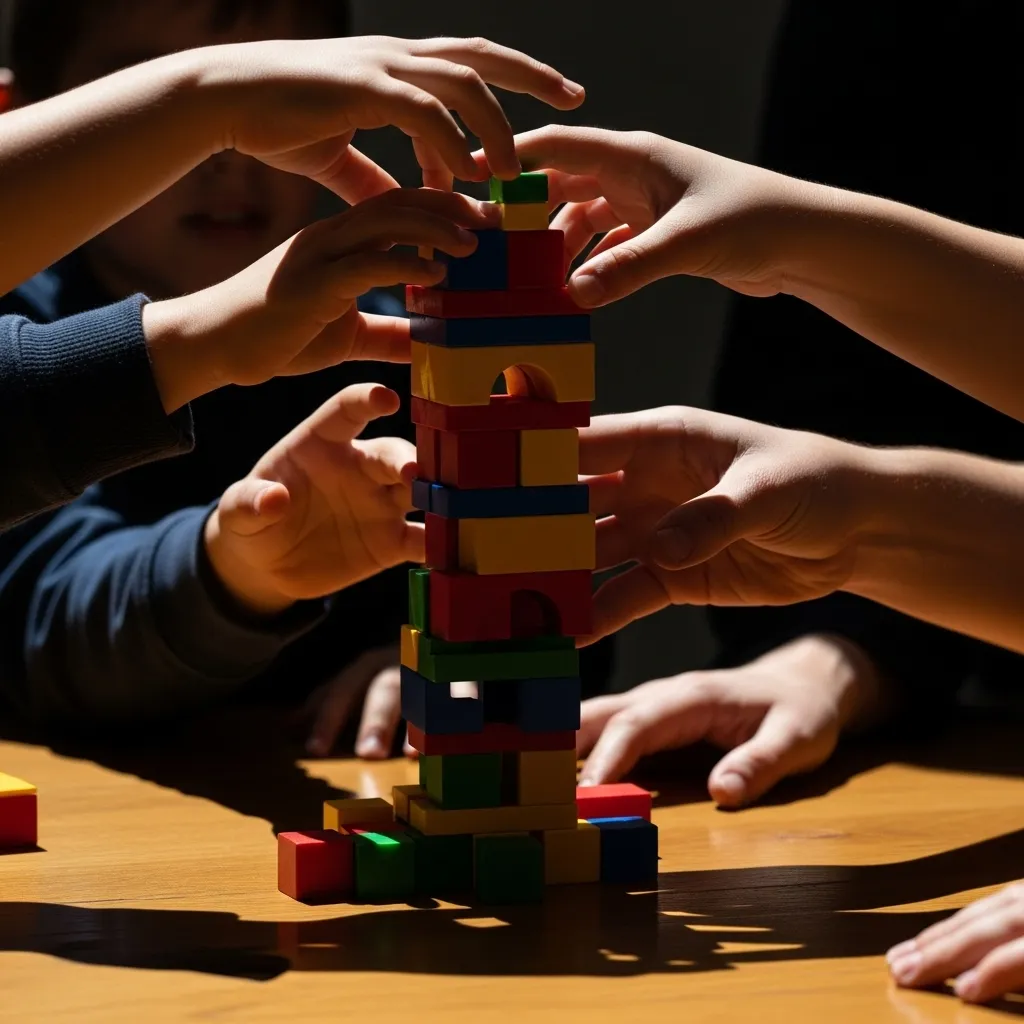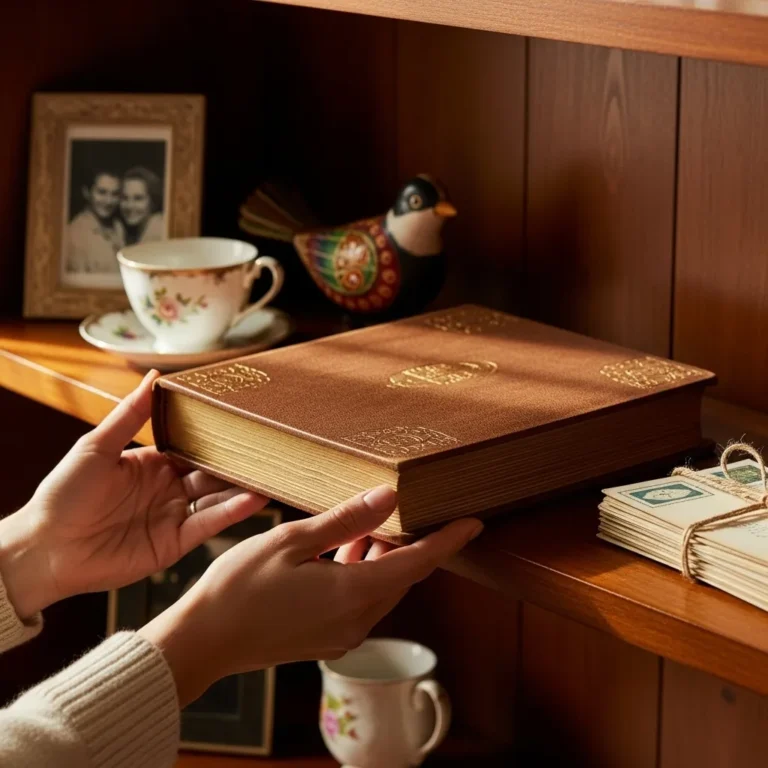
The Takeaway: You Are More Than Your Family Slot
The story of birth order is a perfect example of how an idea can feel true even when the scientific evidence is weak. It resonates because it speaks to a universal experience: the search for our place within our first tribe, our family. The roles of “older,” “middle,” and “younger” are real experiences that shape our early habits and perspectives. The surprising truth isn’t that birth order means nothing, but that it means much less than we thought. It’s a starting point, not a destination.
Your personality is a rich, evolving masterpiece, co-authored by your genes, your unique journey through the world, the choices you make every day, and the complex family dynamics that shaped you. The stereotypes of the achieving firstborn, the mediating middle child, and the charming last-born are just faint echoes of a much more interesting and individual story: yours.
By all means, have fun with it. Discuss it with your siblings. See where the old labels fit and where they fall apart. But don’t let a simple number limit your understanding of yourself or others. You are not a pre-written character in a family play. You are the author of your own story.
Your Next Steps
Ready to move beyond the label? Here are three simple actions you can take to apply these insights to your own life:
1. Observe, Don’t Judge: For the next week, pay gentle attention to the roles people play in your family or at work. When you see someone acting like a “typical” firstborn, ask yourself: What else could be explaining this behavior? Is it their job? Their current stress level? Their unique personality? This practice builds a more nuanced and compassionate understanding of others.
2. Challenge One Habit: Identify one behavior you strongly associate with your “birth order role.” If you’re a firstborn, maybe it’s the need to have the last word. If you’re a youngest, perhaps it’s avoiding making a tough decision. For one day, in one low-stakes situation, consciously try the opposite. See how it feels. It’s a small experiment in behavioral flexibility.
3. Start a Conversation: The next time you’re talking with a sibling or a parent, ask a curious question like, “Looking back, what role do you think I played in our family when we were growing up?” Listen to their answer without defending yourself. Their perspective might offer a surprising new insight into your family’s system and your place within it.
Disclaimer: This article is for informational and educational purposes only. It is not intended to be a substitute for professional medical advice, diagnosis, or treatment, nor is it legal or financial advice. Always seek the guidance of a qualified professional with any questions you may have regarding a medical condition or personal decisions.











